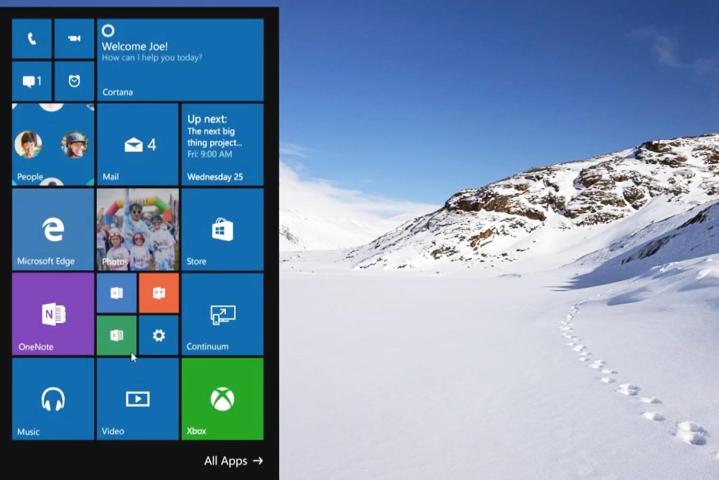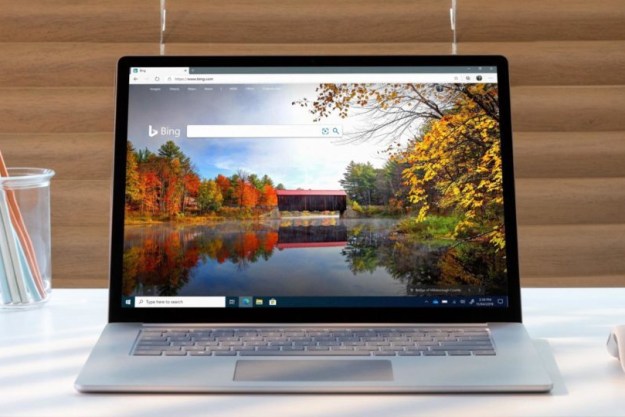
The latest is a demo presented by Microsoft’s own Joe Belfiore, which shows how the new OS will be able to encrypt files on an individual basis, rather than by the folder or for the entire hard drive as in previous iterations.
Before, the only way Windows would be able to effectively encrypt data on its own was in bulk, through the standard BitLocker service. BitLocker has been a part of the Windows ecosystem since as early as Windows 2000, but the demand for a better solution has only recently started to nip at the aging program’s heels.
Belfiore showed off the individual encryption service at Microsoft Ignite, the company’s enterprise-focused conference designed to advertise the Windows 10 platform to larger business clientele and their massive server farms.
The service will work seamlessly in the OS, with users simply needing to right-click the file they want encrypted, and choose the method which best suits the application they’re shooting for.
Better still, Microsoft will also include the option to encrypt a file directly as it’s being downloaded from the web. No word if the feature will be limited exclusively to Project Spartan (recently revealed as “Edge” last week), though we can suspect the company will do everything it can to encourage users to choose its in-house browser over alternatives like Firefox or Chrome.
Also, we can’t say if this option will be updated into the developer preview of Windows 10, or if it’s is being held off on until the official release, which is still expected to hit sometime this July.
Editors' Recommendations
- Microsoft announces a new threat to push people to Windows 11
- Microsoft Teams is getting new AI tools — and they’re free
- Microsoft warns that relying on Internet Explorer may cause disruptions
- It’s not just you — Microsoft admits its patches broke OneDrive
- Is Microsoft’s new PC cleaner just an Edge ad in disguise?


